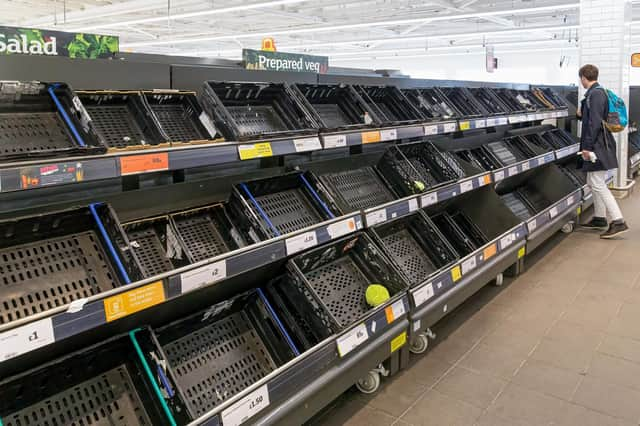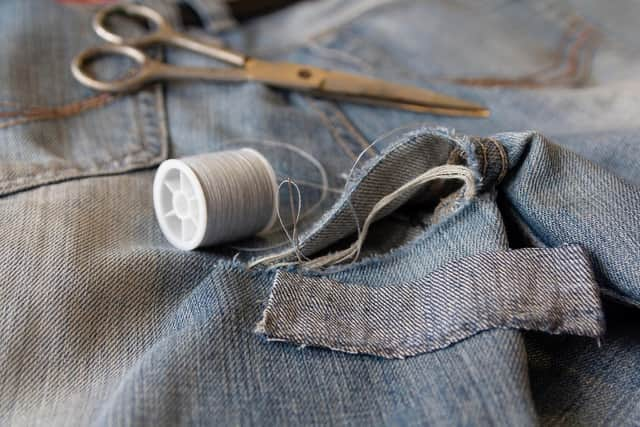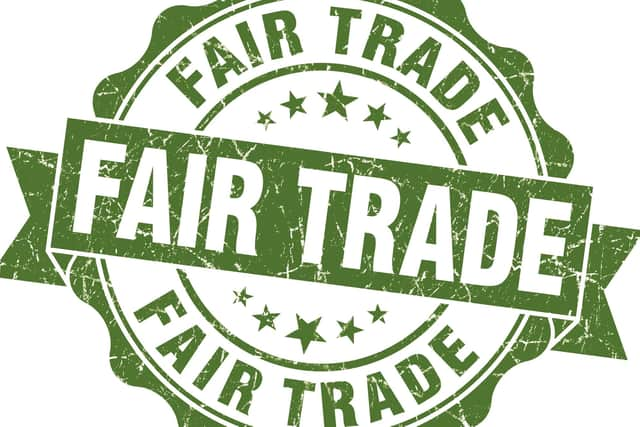Fresh fruit and veg shortages – when will scarcity end?


We hear it may be because of trade agreements, but the reality is you can’t get your cucumbers or tomatoes because of climate change and that’s where the issue pretty much starts and stops.
We’ve had shortages in the past due to extreme weather but big companies and supermarkets have found ways around them, either by finding different suppliers or marketing the shortages differently. When cereals started being fortified with different grains including oats and barley it was – in part – because wheat prices went so high as demand outweighed supply following droughts and floods in Australia and other wheat exporting countries. But rather than discuss climate change, cereal producers looked elsewhere for ingredients.
Advertisement
Advertisement
Yes a lot of our produce, grown out of season, including your humble tomato and cucumber come from Europe or North Africa that have warmer climates. But this winter they have been hit by bad weather which has destroyed the crops. We usually grow both of those products in the UK as well. Unfortunately though, the producers in places like the Isle of Wight where these products grow in massive greenhouses have been hit with spiralling energy costs and they can’t afford to keep their greenhouses warm and lit this winter. It has left our supply chain vulnerable.


It used to be that if France had a bad harvest because of the weather, Spain might have a good one or vice versa, but the empty supermarket shelves are the result of climate change so there’s no quick fix. Frosts, heatwaves, floods, drought – they’re all affecting farmers on a global scale. It’s all to do with the fact that the planet is getting warmer and our weather is going haywire as we burn more oil and gas. From Australia to Pakistan to Spain to North Africa – the usual places we buy food from are suffering from unseasonal weather and that’s affecting what they can grow and sell and ultimately, what we can buy.
There are things we can do to limit how much our shopping list is affected. Firstly buying seasonally will mean we’re limiting our food miles, which supports UK farmers. Also reducing fossil fuels burnt to heat greenhouses in winter – which ultimately helps the planet. Visit www.findlocalproduce.co.uk to find your nearest producers. It also means we’re less likely to feel the effect of weather events thousands of miles away. Opting for dried or tinned rather than fresh when it comes to some fruits or vegetables can help mitigate gaps in your weekly shop. While we all know kids want the same things and can be fussy, buying different items every week means you’re hedging your bets and could have a ‘go to’ other the next time you can’t get peppers for your Friday night fajitas. The bottom line is that climate change and food shortages aren’t going anywhere so we have to adapt.
Celebrity spot
Oscar, Grammy and Golden Globe winning singer Billie Eilish doesn’t eat meat.


Advertisement
Advertisement
The 21 year-old singer said: "I don't eat it because I have my own reasons for not eating it, and I have my own beliefs, and I have my own feelings of wanting to save animals and save the planet and whatever.”
She added: "I'm not gonna force anybody to do that because I wouldn't want them to force me.
"But that doesn't mean I'm not gonna try to make the world a better place.”
Green swap


Repair rather than replace. If you’re planning to ditch something because of a rip or a hole, why not repair rather than replace? Sewing encourages mindfulness which reduces stress levels, it also improves hand/eye coordination.
Recognise global impact of Fairtrade Fortnight
Advertisement
Advertisement
It's Fairtrade fortnight and while the movement was founded in 1992, it’s come a very long way in its 31 years.
It’s the logo we’re all accustomed to seeing because it’s been around for so long, but it’s global impact can’t be underestimated and while the fortnight is for awareness, it’s definitely a time to celebrate the brilliant work they do.
In essence it was created to provide better treatment, fairer working conditions and decent trade agreements for farmers and farm workers in the developing world where a lack of legislation often meant the producers got the smallest slice of profit. But it’s not just about single producers and helping farmers, the reach has been huge in the intervening decades since it began.
Fairtrade has helped communities with schools, roads, access to healthcare, environmental solutions and so much more. Since it’s humble beginnings with small numbers of producers involved, there are now over 1.7 million farmers and workers taking part in the scheme globally.
Advertisement
Advertisement
Across 73 countries there are more than 1,707 Fairtrade producer organisations and across the world, 2,400 companies have licensed over 35,000 Fairtrade products. From bananas to flowers to cotton, almost every aisle in every supermarket will have a Fairtrade item on it.
Fairtrade sales have topped over £9 billion globally too and on average each Fairtrade producer organisation receives £108,000 in Fairtrade premium – not to mention the fact 25 per cent of all Fairtrade farmers and farm workers are women.
The easily recognisable badge is often on chocolate and coffee but one in three bananas sold in the UK is a Fairtrade one and a recent study found 93 percent of UK shoppers recognise the mark with 83 percent trusting it which is huge when it comes to consumer confidence in a brand.
But Fairtrade doesn’t just mean better lives for the producers, it also has massive environmental benefits. It supports reforestation projects. Through training and awareness programs, many Fairtrade farmers have switched from harmful pesticides and agrochemicals to environmentally friendly solutions. It supports local wildlife conservation projects; endangered turtles in Panama have benefitted from beach patrols during hatching season thanks to Fairtrade consumers.
Advertisement
Advertisement
Environmental protection has been one of the core strengths of Fairtrade, it’s empowered local communities to be able to keep safe the area they farm and live in and through education programs it’s helped farmers recycle, plant shelter crops and reduce water use.
There’s much to be celebrated about the little blue and green badge we’re so used to seeing.
Fact or fiction
There are 12 times more trees on Earth than there are stars in the Milky Way. Fact! Scientists estimate there are between 200 – 400 billion stars in our galaxy – although not all are visible, and an estimated 1 trillion trees on Earth.